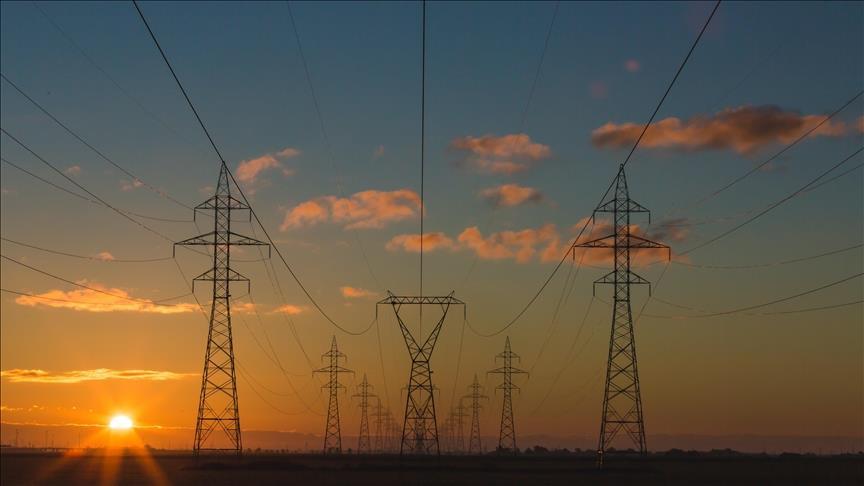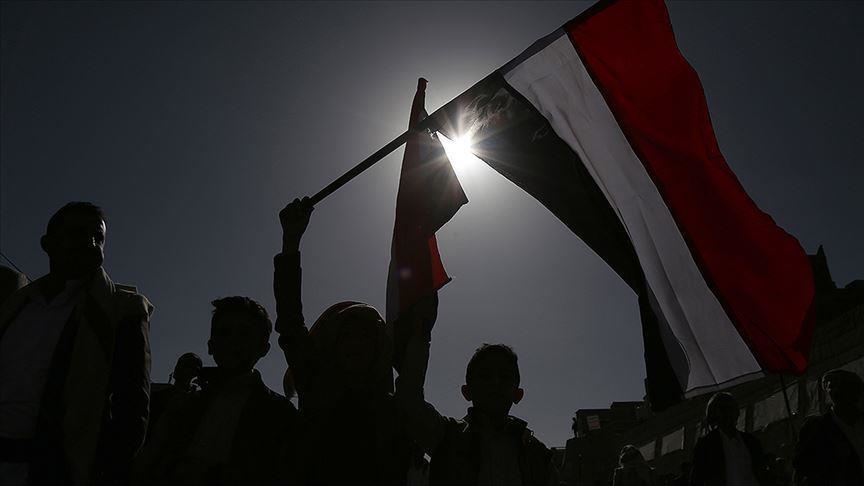Sudan for Darfur’s Autonomy
Ismail, in an interview with Reuters Monday, September 27, said a federal system along the lines of Germany, Nigeria, the United States or Canada would help the northeast African nation better cope with its vast size and ethnic and religious diversity.
“I personally believe that we need a sort of federal system, which we have already started,” Ismail told Reuters.
“We need to give it a strengthening. The people from Darfur state should have the right to have a parliament, to have a governor, to have a government to be elected by the people of Darfur,” he said.
The question of autonomy should be addressed when talks begin between the various warring parties on the country’s political future, after the fighting has ended and Sudan’s humanitarian woes have been addressed, he said.
Sudan, which is seven times the size of Germany, has been struggling in its western Darfur region with what the United Nations calls the world’s worst humanitarian crisis.
It has also been torn by a 21-year civil war in the south and multiple conflicts in other parts of the country.
Break-up
Ismail said he agreed that granting significant autonomy to the regions would if anything make a breakup of Sudan less likely.
“I don’t think we should worry if we have a stable government with enough resources,” he said.
Even the anti-government rebel groups in Darfur are not seeking their own state and in any case represent just 15 percent to 20 percent of the area’s population, he added.
The war in Darfur has its roots in tensions between Arab nomads and settled African farmers. Rebels who say they represent the settled population rose up against the government in early 2003 charging Khartoum had neglected the region.
The UN Security Council on September 18 passed a US-drafted resolution threatening to “envisage” sanctions against Sudan’s oil industry unless the Khartoum government meets its commitment to restore security to its troubled Darfur province.


